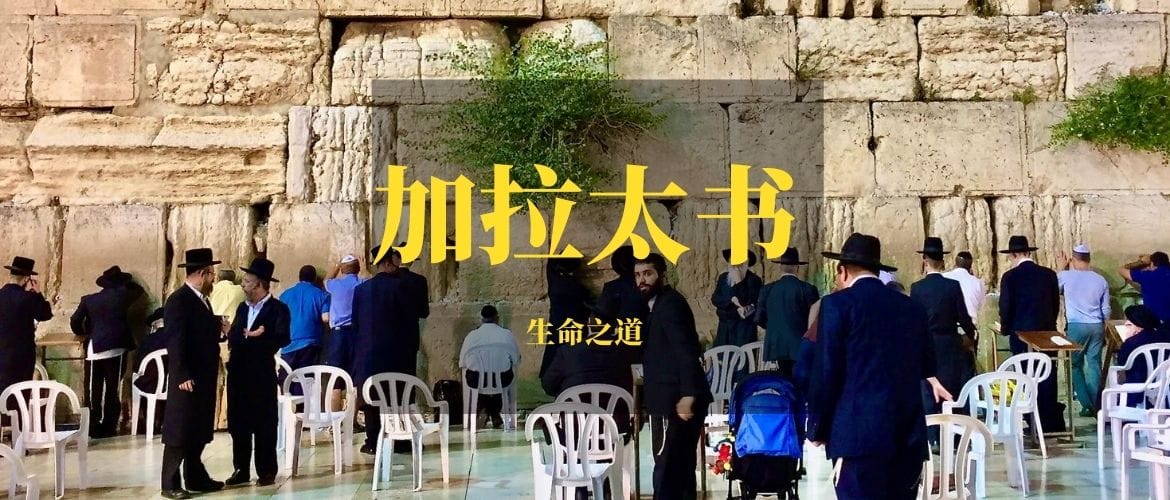Background
Theme
Justification by faith in Christ alone, liberty in Christ.
Galatia
Galatia is within the modem day Turkey. It was conquered by the Romans in 189 B.C., but allowed them to have some measure of independence until 25 B.C. when Galatia became a Roman province. Before 25 B.C., Galatia was referring to the northern part of the region, mainly occupied by Gauls, migrated from France. After 25 B.C., the southern part is included into the Galatia province as well. Pisidian Antioch, Iconium, Lystra, and Derbe were the southern cities of Galatia, all of which Paul visited during all three of his missionary journeys (Acts 13-14, 16, 18).
This is the only time Paul specifically addressed to churches in more than one city.
Author
Paul identified him self as the author of this letter. Paul was born in Tarsus, a city in the province of Cilicia, just east of Galatia. He was raised in Jerusalem, trained by a famous rabbi, Gamaliel (Act 22:3). His father was a Pharisee, He himself was a Pharisee (Acts 23:6).
This epistle provides many information about Paul that are not mentioned anywhere in the bible: Paul’s stay in Arabia (1:17-18); his 15 days visit with Peter (1:18-19); his trip to Jerusalem Council (2:1-10); and his confrontation of Peter (2:11-21).
Purpose of the letter
Paul preached the gospel the Jews and gentiles in Galatia during his first missionary trip, and many enthusiastically accepted Christ. After Paul left, other Jewish teachers came along and taught to these new Christians they need to observe the Jewish law, including circumcision in order to be Christians. Being new in the faith, they accepted these teachings. Paul wrote this letter to explain to them observing the laws has nothing to do with salvation. Man is justified by faith in Jesus Christ alone.
Paul usually open his letters in greetings and prayer to the saints. However Galatians is the only epistle Paul wrote that does not contain a commendation for its readers. Paul did not mention anyone by name. He did not request any prayers. These omissions reflect how urgently he felt about confronting the defection and defending the essential doctrine of justification.
Galatians, together with Romans are Martin Luther’s favorite epistles. Galatian has been called “a short Romans”. This epistle plays an important role during the protestant reformation. He even referred to this epistle as “his wife”.
Date
Paul founded these Galatian churches about A.D. 45-48, on his first missionary trip. He revisited them in his second missionary trip, about A.D. 50 (Acts 16:1-6) and then again in the beginning of his third missionary trip, about A.D. 54 (Acts 18:23).
The key to date this letter is whether this letter was written before or after the Jerusalem Council of Acts 15. In Gal 2:1, Paul mentioned his trip to Jerusalem. If that trip was to attend the Jerusalem Council, which was held in A.D. 49. Then Galatians was written after A.D. 49.
Gal 4:13 could implies Paul has been to Galatia at lease twice, if that is the case, Paul could have written this letter at the end of his second or on his third missionary journey.
However some commentators did not think Gal 2:1 was referring to the Jerusalem Council in Act 15. Instead, they think Gal 2:1 was referring to Acts 11:30, where Judea had experienced severe famine, and the church at Antioch for the brothers living Judea. Barnabas and Paul were responsible to carry their gift to the Jerusalem elders. If that is the case, Galatians could have been written before A.D. 49.
Similarities with Romans
| Doctrine | Galations | Romans |
|---|---|---|
| inability of the law to justify | 2:16 | 3:20 |
| the believer’s deadness to the law | 2:19 | 7:4 |
| the believer’s crucifixion with Christ | 2:20 | 6:6 |
| Abraham’s justification by faith | 3:6 | 4:3 |
| believers are Abraham spiritual children | 3:7 | 4:10-11 |
| believers are blessed because their are spiritual children of Abraham | 3:7 | 4:23-24 |
| the law brings not salvation but God’s wrath | 3:10 | 4:15 |
| the just shall live by faith | 3:11 | 1:17 |
| the universality of sin | 3:22 | 11:32 |
| believers are spiritually baptized into Christ | 3:27 | 6:3 |
| believer’s adoption as God’s spiritual child | 4:5-7 | 8:14-17 |
| love fulfills the law | 5:14 | 13:8-10 |
| the importance of walking in the Spirit | 5:16 | 8:4 |
| the warfare of the flesh against the Spirit | 5:17 | 7:23-25 |
| the importance of believers bearing one another’s burdens | 6:2 | 15:1 |
Interpretation Challenges
- v2:1-10. Whether this was Paul’s visit to the Jerusalem Council in Acts 15 or his earlier visit bring famine relief to the Jerusalem church in Acts 11:27-30
- v3:27. Those who teach baptism regeneration, the false doctrine that baptism is necessary for salvation, support their view from 3:27.
- 3:28. Others have used this verse to support their attacks on the biblical roles of men and women, claiming that the spiritual equality taught in this verse in incompatible with the traditional concept of authority and submission.
- 5:4. Those who reject the doctrine of eternal security argue that the rase “you have fallen from grace” describes believers who lost their salvation.
- 6:11. Did Paul mean the whole epistle or merely the concluding verses.
Division
- Personal: The Preacher of Justification (Ch 1-2)
- Doctrinal: The principles of Justification(Ch 3-4)
- Practical: The privileges of Justification(Ch 5-6)

